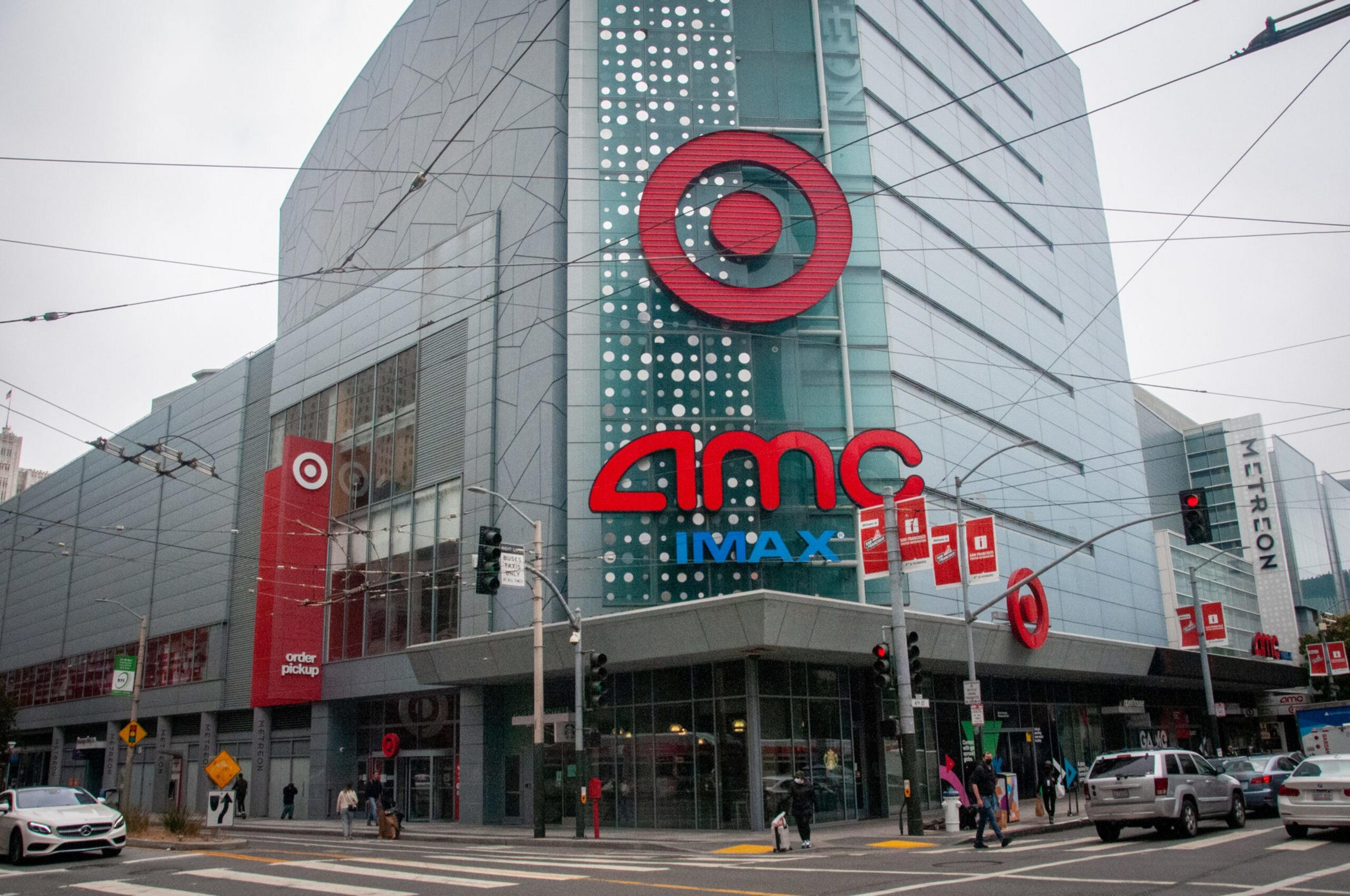A few dozen repeat offenders appear to be driving retail crime in San Francisco, according to the San Francisco Police Department (SFPD).
In a letter to Supervisor Ahsha Safai, who had requested information on retail crime, San Francisco Chief of Police Bill Scott said that the department keeps a record of repeat shoplifting offenders. SFPD identified 116 repeat offenders in 2020, of which 38 (33%) were rearrested by the department.
That was a sharp drop compared to 2019, when SFPD identified 219 repeat offenders and rearrested 63 (29%). In 2019, there were 238 repeat offenders and 48 (20%) rearrested, according to SFPD.
The department did not expand on specific reasons for the drop in repeat offenders, though the department’s own statistics (opens in new tab) show a reshuffling of crime trends overall during the pandemic, when as many as half of the city’s storefronts closed (opens in new tab) and residents stayed home.
“The data might say that cases aren’t substantially on the increase, but the brazen nature of them are,” said Safai at a Board of Supervisors meeting on Tuesday. “There is no statistic for brazenness.”
In a separate letter, San Francisco District Attorney Chesa Boudin wrote that it is difficult to precisely track organized crime prosecutions because the charges can range from petty theft and criminal profiteering to looting. California’s penal code also includes a special category for organized retail theft, which expired July 1 but was extended this week.
Of the 26 organized retail theft arrests presented to the District Attorney this year, the office filed criminal charges in 21 cases. Four were discharged, and one was referred to another agency.
At a Wednesday press conference, Governor Gavin Newsom addressed retail crime and gun violence in the state and signed a bill, AB 331 (opens in new tab), that extended the organized retail crime classification in California’s penal code. Organized retail theft is defined under the law as theft in which an individual acts in concert with others to resell or return stolen items for value.
The bill also directs the California Highway Patrol to assist local law enforcement agencies in counties defined as having “elevated levels of property crime.”
“The state of California has no police department; it has the California Highway Patrol,” said Newsom. “That doesn’t negate our responsibility and our role to work with local law enforcement, to work with local District Attorneys, to work with our local elected officials…that is exactly what this legislation will afford us the right to do.”
SFPD Chief Bill Scott spoke briefly at the press conference, describing organized retail theft as “a challenge” and alluding to recent viral videos showing brazen crimes. Last month, a video of a shoplifter bicycling a bag full of items out of a San Francisco Walgreens store landed on the national news.
“With the leadership of the State Assembly…and our Governor, I think we’ll have more success,” said Scott. “It’s a challenge, I’ll be honest with you, but it’s not insurmountable.”
At a May hearing, representatives from Walgreens and CVS told members of the San Francisco Board of Supervisors that their San Francisco stores see far higher levels of theft than surrounding cities. Those stores also report more threats against workers, despite elevated spending on security.
“Somebody is going to seriously get hurt, whether it’s an employee or a customer at Walgreens or Target,” said Rafael Gutierrez, a former Target security guard, in an interview with Here/Say.
In October 2020, a joint effort by the California Highway Patrol, San Francisco Police, San Francisco District Attorney and the U.S. Postal Inspection Service resulted in a multimillion-dollar retail crime bust.
The effort, dubbed “Operation Proof of Purchase,” (opens in new tab) recovered more than $8 million in stolen razor blades, over-the-counter medications, cosmetics and other items that were resold on Amazon, eBay, Craigslist and elsewhere through a shell company.
